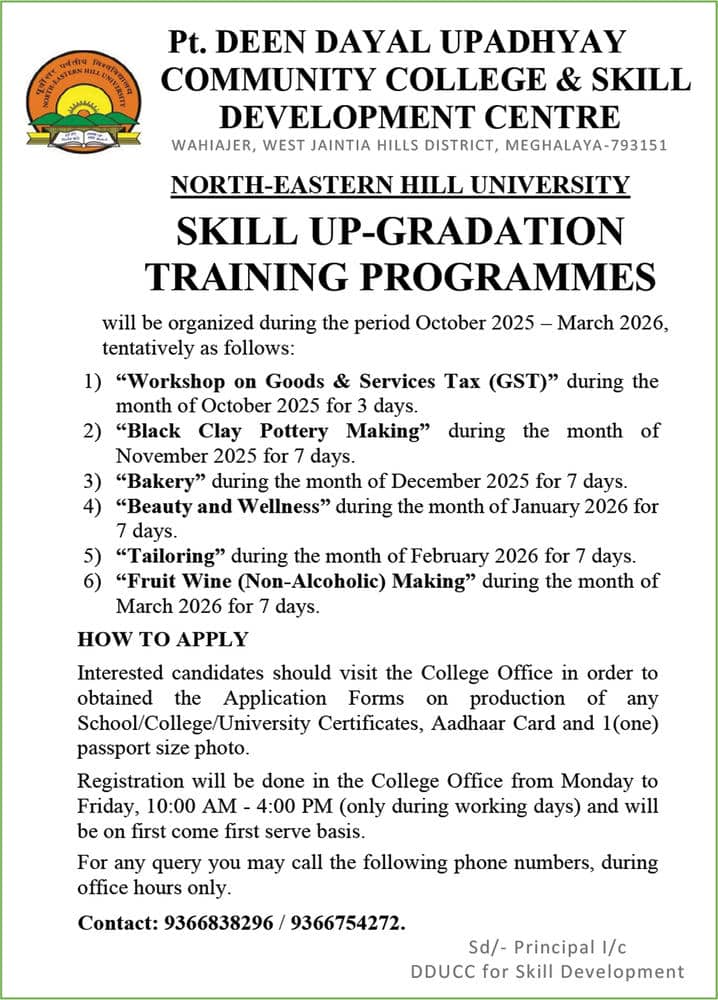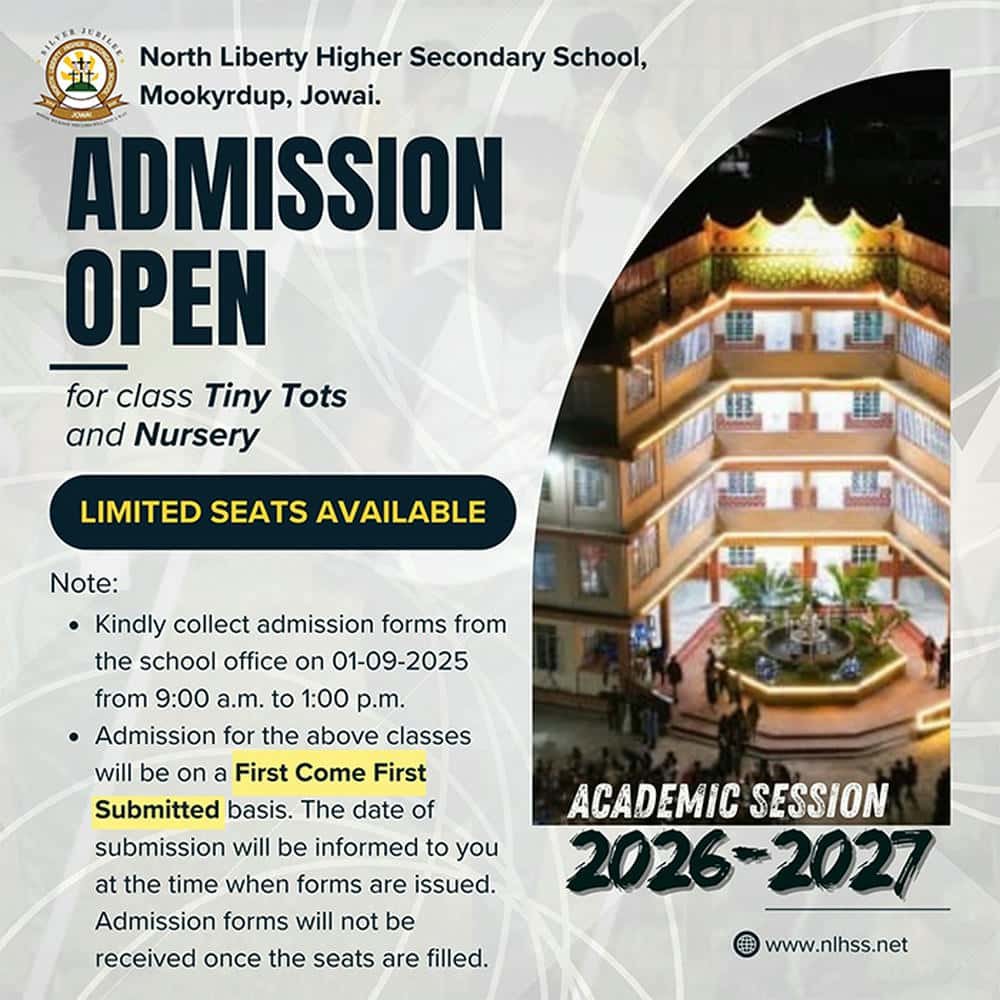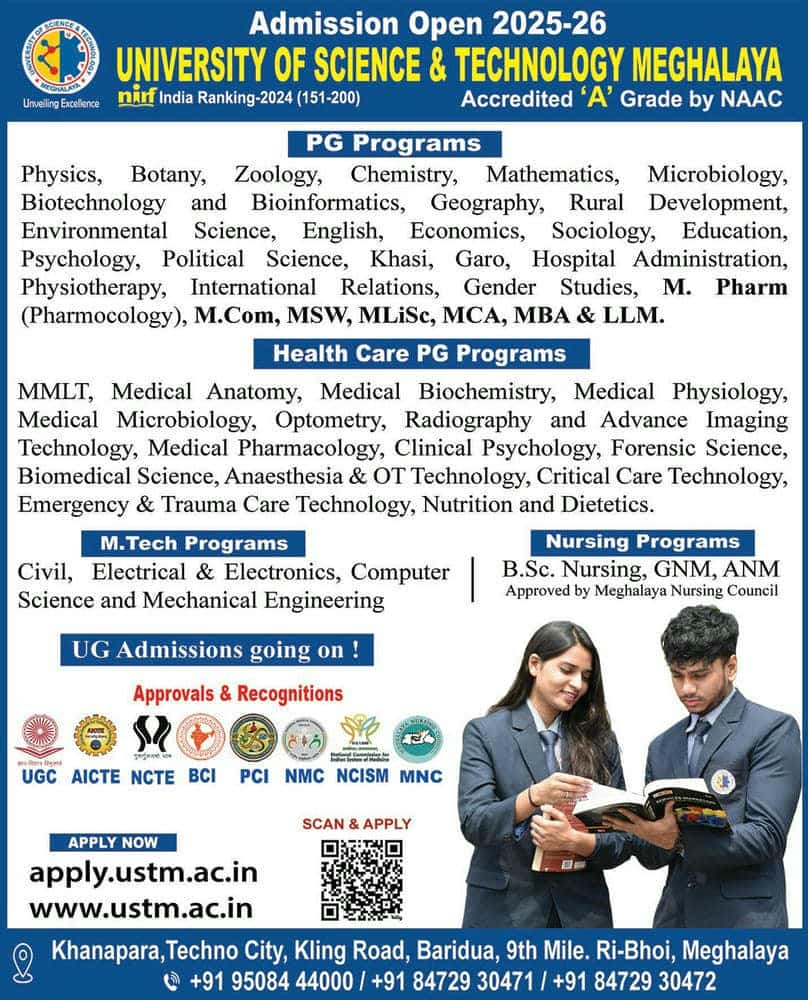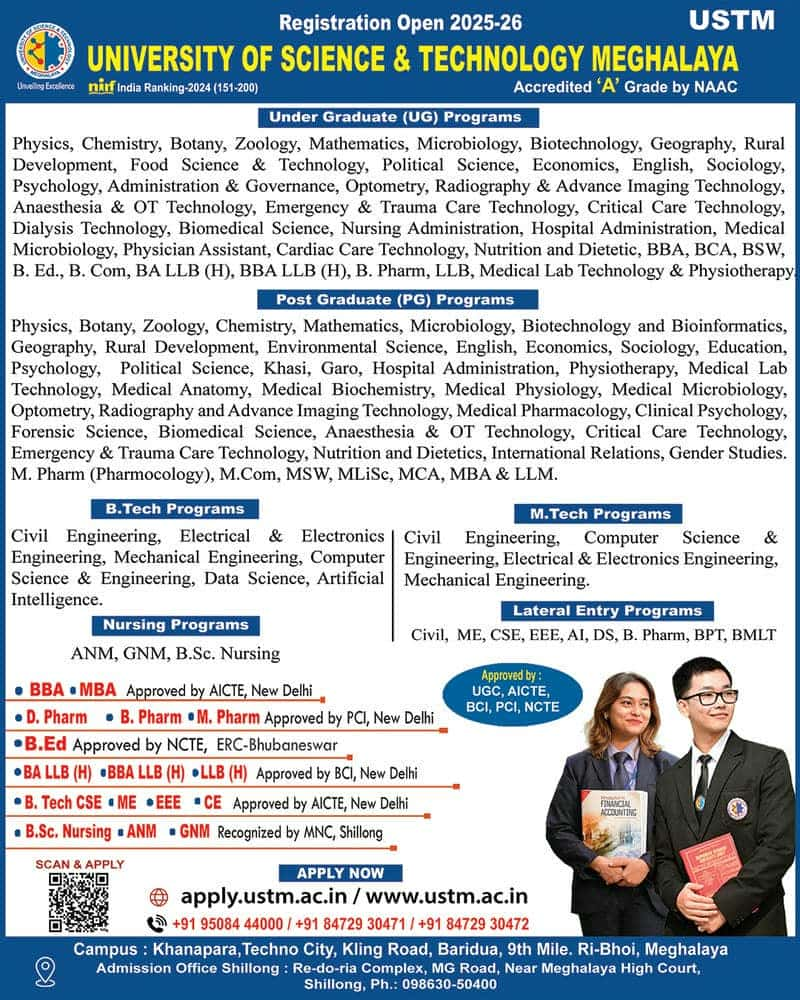From Harare to Guwahati: Zimbabwe eyes academic revolution with Royal Global University

In a move aimed at redefining Zimbabwe’s higher education landscape, a high-level delegation from the country’s Education Department visited The Assam Royal Global University (RGU), Guwahati, to explore academic collaboration and study India’s evolving higher education model.
The delegation included D.C. Damba, Director of the Tertiary Education Program; E. Chiwandika (Marara), Principal Officer of Higher Education; Magunda, Principal Officer of Tertiary Education; and Mbokochena, Principal Officer of Innovation, Science & Technology. Their visit signaled Zimbabwe’s growing interest in shifting away from outdated colonial education models toward innovation-driven, skill-based learning.
Hosted at RGU’s Synergy Hall, the delegation engaged in dialogue with senior university officials, including Vice Chancellor Prof. (Dr.) Alak Kumar Buragohain, Registrar Prof. (Dr.) Diganta Munshi, Academic Registrar Prof. (Dr.) D.N. Singh, and Deputy Director of International Affairs Gurpreet Kaur Anand. The discussions focused on building partnerships around innovation, entrepreneurship, sustainability, and integrating indigenous knowledge with modern education frameworks.
Touring the university’s state-of-the-art infrastructure—including academic blocks, labs, and innovation centres—left a strong impression on the visitors. “We’re working to move beyond colonial models. India’s leadership in tech and research offers a direction we want to follow. What I’ve seen at RGU is on par with global standards—and truly unique,” said D.C. Damba, praising the campus and academic vision.
E. Chiwandika (Marara) emphasized Zimbabwe’s interest in adopting more practical, hands-on education models. “India is showing how to bridge academics and skills. We’re excited about forging ties that can benefit both our systems and students,” she said.
Highlighting Zimbabwe’s goals, Magunda stressed the importance of heritage-based, people-centric learning that values local knowledge over imported models. Mbokochena echoed this sentiment, adding that entrepreneurship and research-led innovation are critical for Zimbabwe’s future and that India’s start-up ecosystem provides valuable lessons.
Vice Chancellor Prof. Buragohain welcomed the prospect of academic exchange, noting that RGU already offers scholarships to international students, including those from Africa. “This is more than a partnership—it’s an opportunity to shape a new, inclusive future for higher education,” he said.
The visit concluded with both parties expressing a strong intent to formalize collaborations that promote student exchange, joint research, and capacity-building initiatives across borders.





Leave a Reply